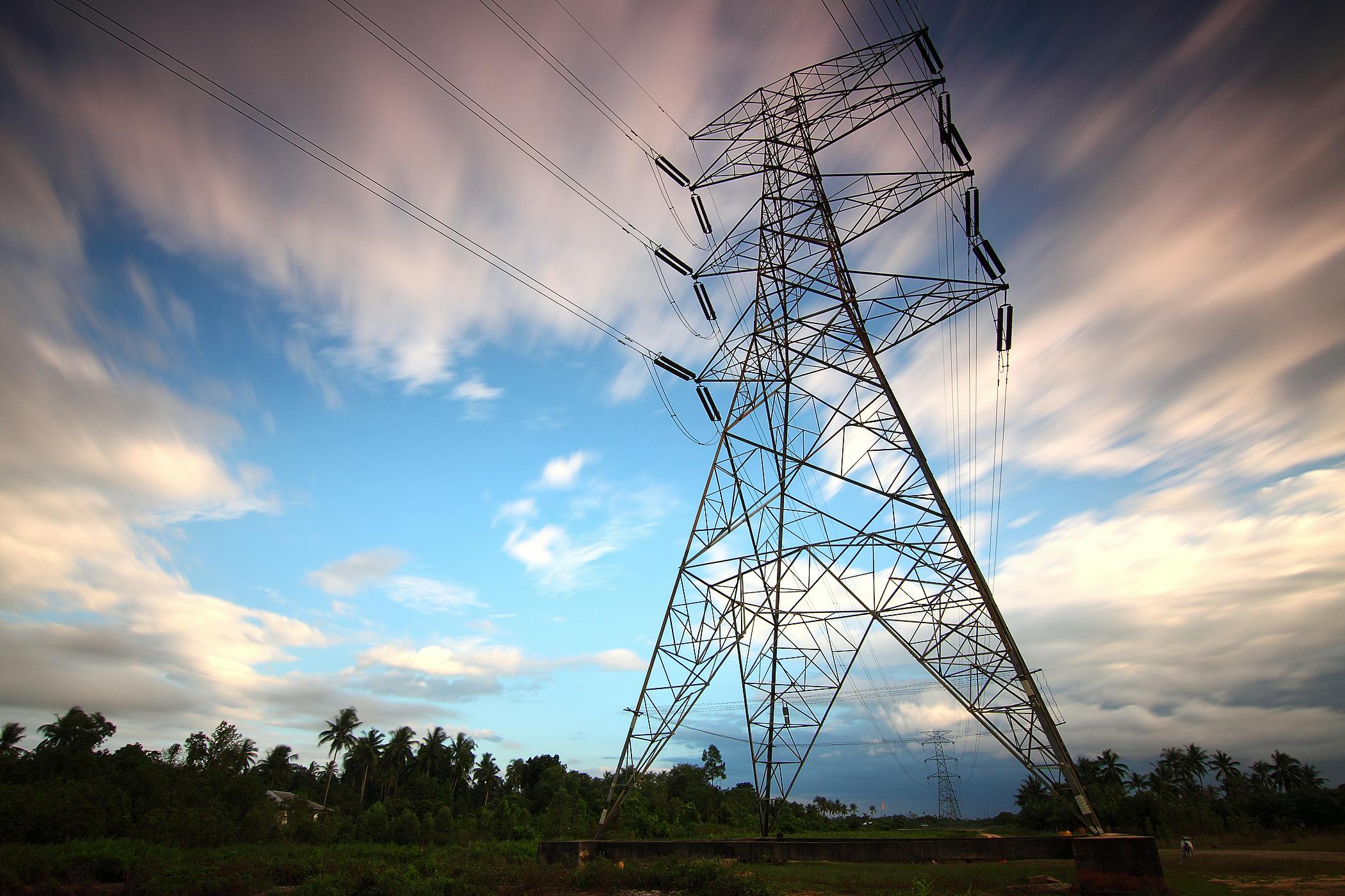In a surprising twist, many Americans have recently discovered that Canada is a major supplier of electricity to New England and other parts of the U.S. In fact, states like Massachusetts, Maine, New Hampshire, Vermont, and Connecticut depend on Canada for a significant portion of their electricity. This power supply agreement has been in place since 1909, and it’s been flying under the radar for many until now.
The situation has become tense because of trade issues between the U.S. and Canada. President Donald Trump recently announced plans to introduce a 25% tariff on imports from Canada starting February 1, 2025. The tariffs will raise the cost of goods for Americans, including those in New England. In response, Canada has hinted that it could retaliate by cutting off electricity to these regions, which would cause major problems, especially in the winter months when energy demand is high.
The U.S. Energy Information Administration (EIA) reports that several U.S. states, including New York and parts of the Upper Midwest like Michigan, Wisconsin, and Minnesota, also depend on Canadian power. However, the states that will be most impacted by a potential electricity cut are those in New England. The situation is getting a lot of attention because energy cuts would not only increase electricity prices but also affect businesses and daily life in those areas.
The trade conflict began when President Trump announced the tariff policy, aimed at raising revenue for the U.S. economy. However, Canada’s leaders have made it clear that they are prepared to defend themselves against these trade actions. Retaliation by cutting off the power supply to these states would be a strong message from Canada, warning the U.S. that actions have consequences.
While it’s uncertain whether Canada will go through with this drastic move, it’s clear that the trade situation between the U.S. and Canada is growing more complicated. The potential for electricity cuts adds a new layer of tension to the ongoing trade disagreements.
The Big Picture: Why This Matters
This is not just about electricity. It’s about how countries respond to each other’s actions in trade. A decision to cut off electricity from Canada to New England could lead to a number of issues. People living in these states could face higher electricity bills, and businesses may struggle to meet energy demands.
It could also affect the way power grids work. If Canadian power is cut off, U.S. states will have to rely more on local sources, which might be more expensive or less reliable. This is especially concerning in the winter months when energy use is at its peak.
For many years, the relationship between the U.S. and Canada has been strong, with both countries relying on each other for trade and energy supplies. But with growing tensions over tariffs and other issues, this strong relationship is now being tested.
What’s Next?
As of now, it remains unclear whether Canada will actually cut off electricity to New England or other U.S. states. However, the situation is certainly heating up. The U.S. will have to decide whether the tariffs are worth the possible economic impact of losing access to Canadian electricity.
This issue is important not only for New England but for all of the U.S. states that rely on Canadian electricity. If the tariffs move forward, it could signal a new chapter in U.S.-Canada relations, and it might make people rethink how dependent the U.S. is on energy imports.
In the coming weeks, we’ll likely see more updates on this story as both countries figure out how to handle the trade tensions. For now, it’s a waiting game to see whether Canada will act on its threat to turn off the power.
(Source : wblm.com)


 by
by 

